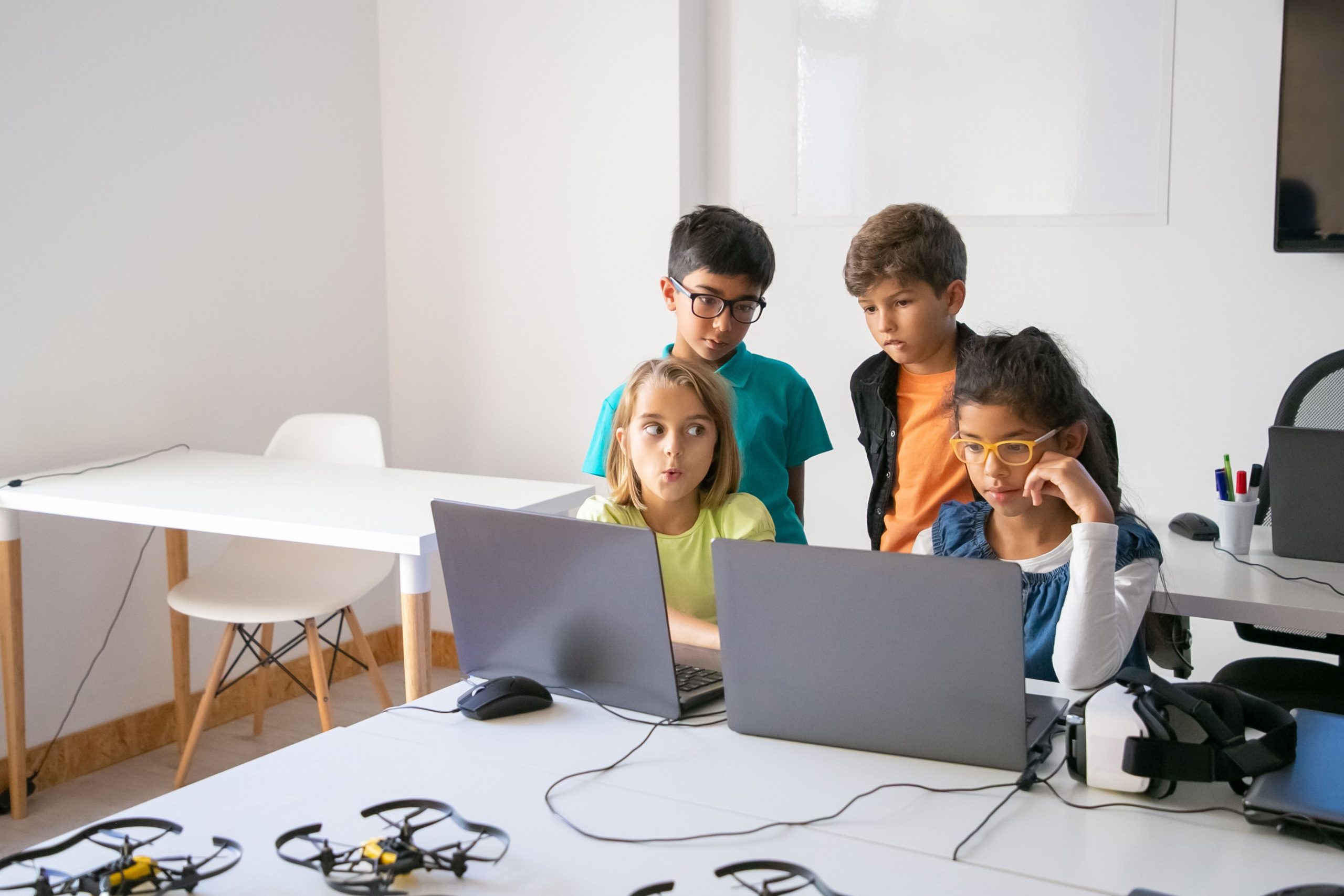
The Impact of Educational Apps on Preschoolers’ Learning: Exploring Education Technology
Preschoolers undergo rapid cognitive, social, and emotional development, necessitating access to optimal learning tools. Educational apps, increasingly popular, offer one such tool. Let’s delve into how these apps influence preschoolers’ learning.
The Rise of Educational Apps
Education technology has transformed learning and teaching methods. Among the various forms, educational apps have gained prominence, especially among preschoolers. These apps provide interactive experiences tailored to their needs and interests, including games, videos, and lessons.
Educational apps are favored for their convenience, accessibility, and personalized learning experiences. They allow preschoolers to learn at their own pace, fostering engagement and motivation.
The Pros of Educational Apps
Educational apps promote active learning, offer immediate feedback, and adapt to individual performance levels. Moreover, they enhance motor skills and communication abilities.
The Cons of Educational Apps
Despite their advantages, educational apps can be addictive and isolating. Some children may not find them engaging, and excessive screen time may promote a sedentary lifestyle.
The Role of Parents and Educators
Parents and educators must ensure balanced and appropriate use of educational apps. They should select high-quality, age-appropriate apps, set usage limits, and encourage hands-on learning experiences.
The Future of Educational Apps
Educational apps continue to evolve, potentially incorporating virtual and augmented reality and artificial intelligence to provide more immersive and personalized learning experiences.
How Educational Apps Can Impact Preschool Learning
As technology advances, educational apps offer interactive learning experiences for preschoolers. However, their effectiveness and impact on learning warrant further exploration.
The Benefits of Educational Apps
Educational apps make learning accessible, cater to different learning styles, and allow children to learn at their own pace.
The Drawbacks of Educational Apps
Despite their benefits, educational apps may promote addiction, may not suit all children, and may stifle creativity.
Future Implications
As educational apps evolve, they may offer more engaging activities and personalized learning experiences. However, ethical considerations and moderation in usage are essential.
In conclusion, educational apps can enhance preschoolers’ learning experiences when used appropriately. Parents and educators play a critical role in ensuring balanced usage and supplementing learning with other activities.


